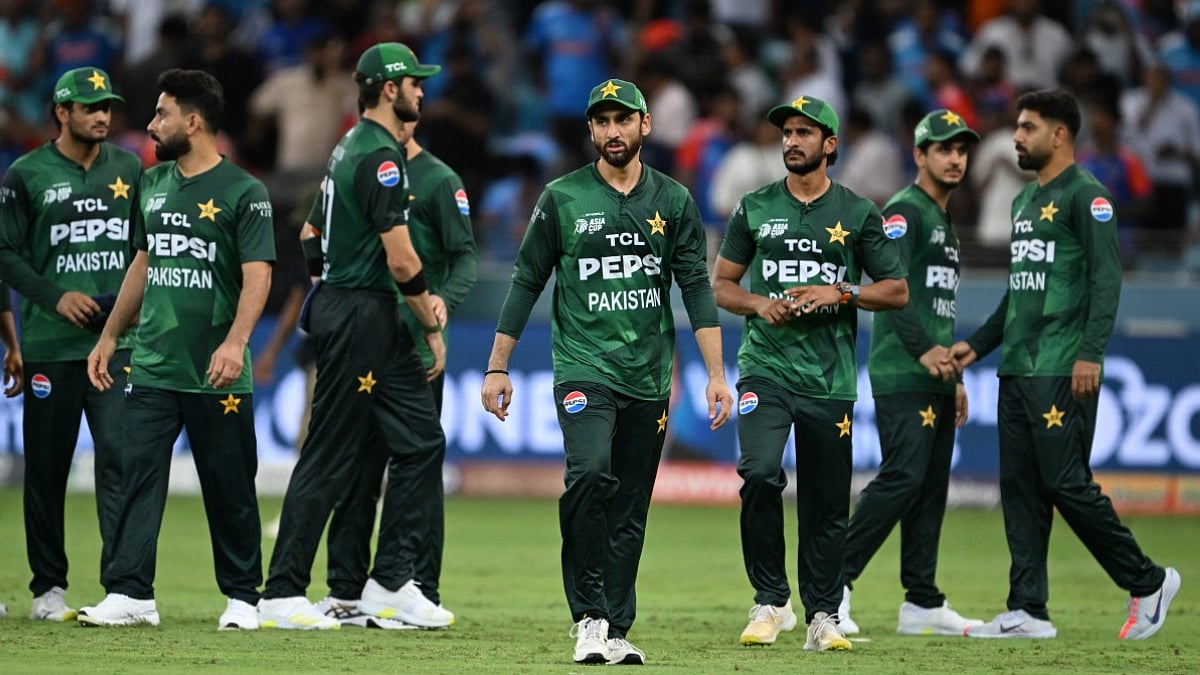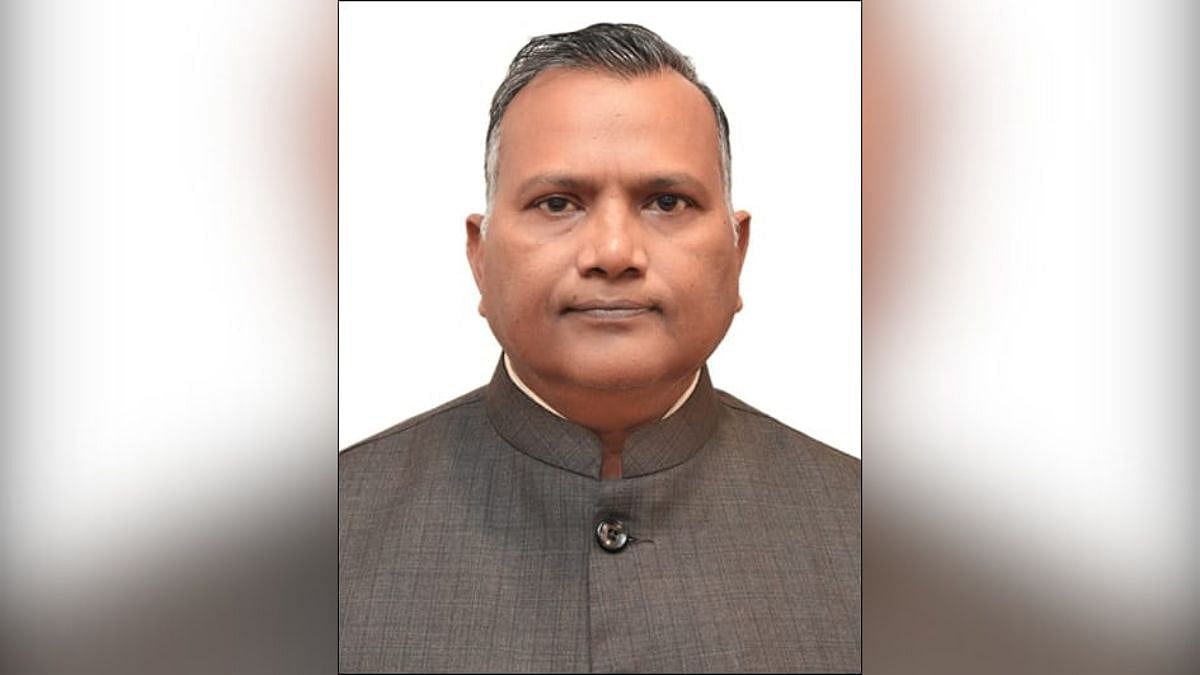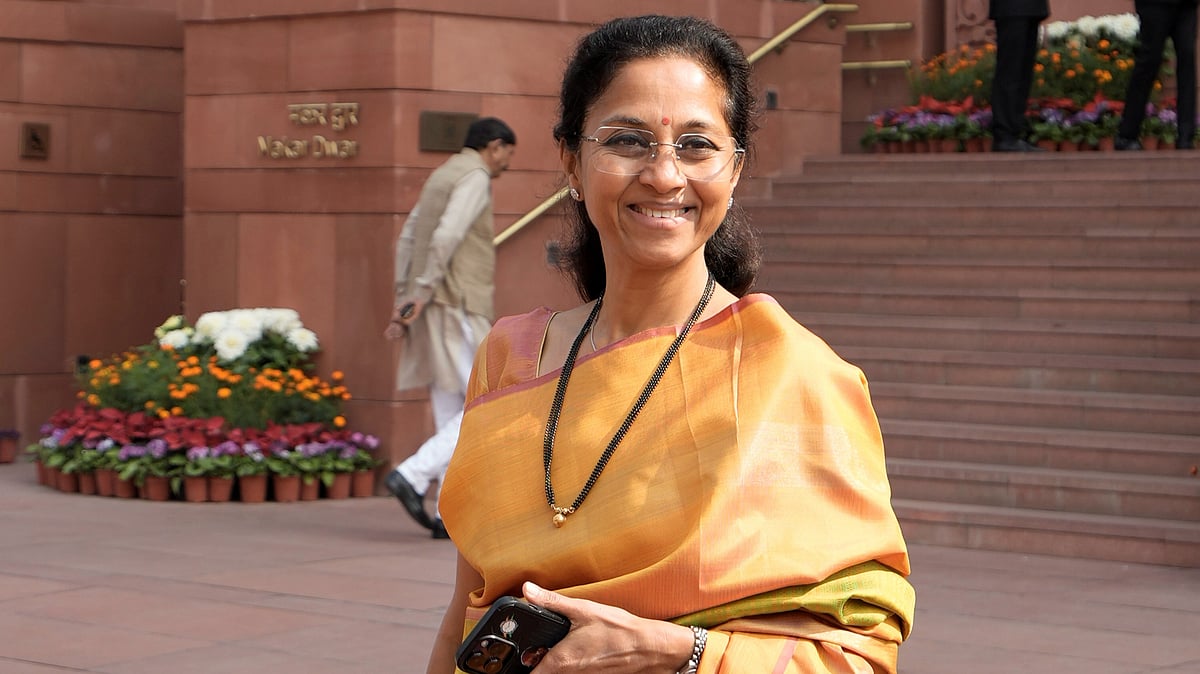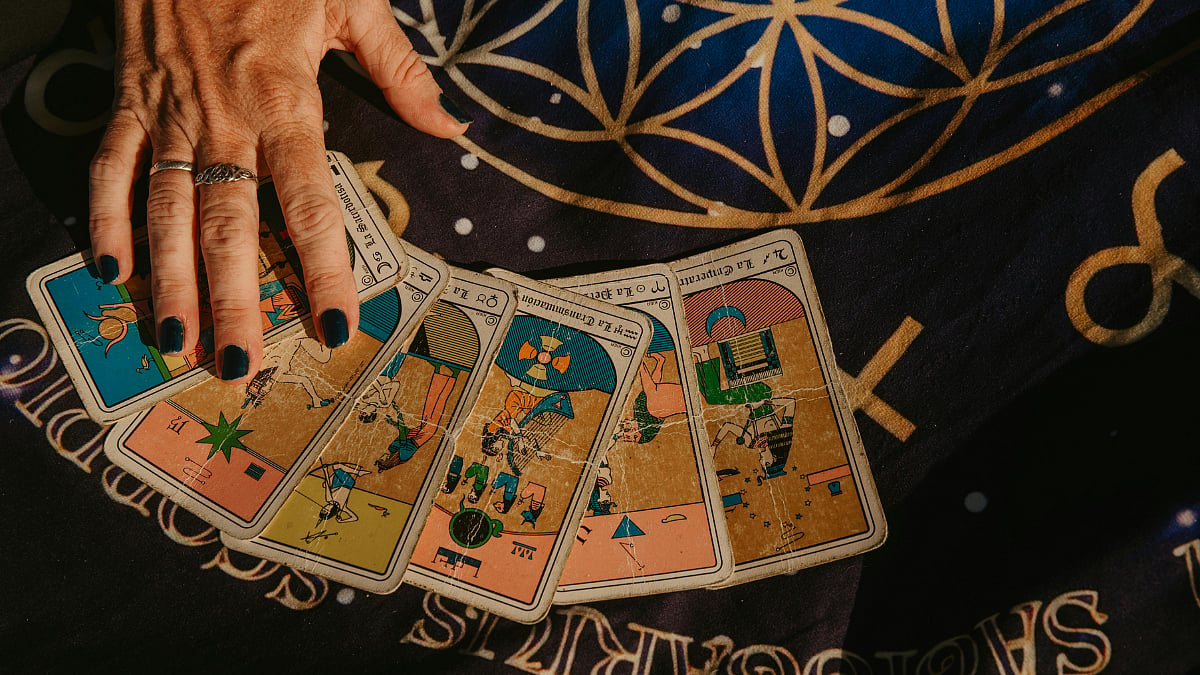Parenting is an art and a science. But it also is psychological training to the child. It is the training of the minds that the parent and teachers are continuously doing to bring up the child. Studies are being done on parenting and several books are written on the topic. In the past few years, the field of child psychology has grabbed attention and clinical psychologists and councillors are in demand.
While we are all part of the modern, globalised world, can we still learn about parenting from our ancient Indian wisdom? Yes. And in this matter, Chanakya is a master child psychologist. His method of bringing up a child is time-tested and relevant for every generation.
“For the first five years love your child unconditionally, for the next ten years discipline him. From sixteenth year onwards treat him as a friend.”
(Chanakya Neeti 3.18)
No other person could have summed up parenting in such a beautiful manner. In just two lines, Chanakya gives us a blueprint of what the role of a parent is.
1) Till five years
Children are innocent. They require a lot of love and care. Even the mistakes of a child are considered fun and joy. Every child is a representation of god. The spark of the divinity is the child, the way it plays around, the mischievous behaviour — everything is fun to watch. So, while bringing up a child, for the first five years give the child a lot of love and care. Do not expect the child to understand the ways of the world. Instead, understand the ways of the child. Let the child live his/her childhood to the fullest.
The instruction given is to love the child ‘unconditionally’. Whatever the child does, accept it. Even if the child breaks the most precious object in the house, throws your mobile phone or beats you — love the child unconditionally. There is nothing you can achieve by beating the child at this stage. The worst child abuse cases happen in this age group. So, as a family member one has to deal with the children sensitively. Such children brought up with love and concern always feel needed and wanted.
2) For the next ten years
The second stage of parenting is for the next 10 years — from the age of six to 15. This is the time to discipline them. Now, the child has developed some logical skills and can think independently. There is a reasoning capacity and wants to enquire more. So, as you are feeding them information, make sure they also get used to a word called ‘no’. Disciplining the child is an important aspect of parenting.
Swami Chinmayananda put it nicely when he said, “For the healthy development of a child, you require the love of the mother and the discipline of the child.” If a child is not corrected during this phase, then the child can go off-track. Remember, in this phase, the child is growing physically and mentally at super speed, which if not directed properly can cause accidents.
Disciplining is not about beating up the child. It is about creating positive fear in the mind of the child that he/she cannot take things for granted and that my family is keeping a check on me.
3) After sixteen years
When the child becomes a young adult, your parenting role is over. We forget that parenting is a role, but it becomes an identity forever. As the child grows, he/she leaves childhood behind, but the parents never grow out of parenting. There have been many instances like a mother feeding food to her 13-year-old. Remember, we are bringing up human beings. They will be on their own someday. Their dependency on parents has to end at some point.
From age 16 onwards, start considering them as your friends. Now, they are on equal terms with you. They can discuss any topic with ease and you can also learn from them. Their world is different from ours and we can get an insight into the new generation through them.
Khalil Gibran put it well in his book, The Prophet: “Your children are not your children. They are the sons and daughters of Life's longing for itself. They come through you but not from you. And though they are with you, yet they belong not to you.”
(The writer is the Founder Director of Chanakya Aanvikshiki Pvt Ltd, a bestselling author and an expert on Chanakya’s teachings. He can be followed on his Twitter @rchanakyapillai)










